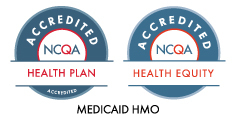
As girls grow into young adults, their bodies go through changes. One of these changes is getting their period, a natural part of growing up.
Every young person’s experience is different. Some may have mild symptoms, like feeling a little tired or having headaches. Others may have stronger symptoms, such as:
- Mood changes.
- Frequent headaches.
- Heavy periods.
- Severe cramps.
If your teen has strong symptoms, their doctor may suggest birth control pills to help. Birth control pills can help make periods lighter and less painful.
Why doctors may recommend STI screenings
If your teen is taking birth control, the doctor may suggest a screening for sexually transmitted infections (STIs), even if they say they are not sexually active.
According to the Centers for Disease Control and Prevention (CDC), young adults between the ages of 15 and 24 make up almost half of all new STI cases reported. This is because many STIs, like chlamydia, don’t cause symptoms right away. Regular screenings help catch infections early and prevent health problems in the future.

What to know about chlamydia
Chlamydia is one of the most common STIs. It is an infection that you can get from having sex. Many people don’t know they have it because they feel fine. Without treatment, chlamydia can cause serious health issues later.
Testing is quick and simple. The doctor will ask for a urine sample. This test will not cost you anything.
How parents can support their teens
Parents and guardians play an important role in supporting their young adult’s health. It is important for parents to:
- Have open, honest conversations about health and relationships.
- Encourage your teen to ask questions and speak with their doctor.
Keep in mind that the doctor may ask to talk to your teen alone during checkups. This is a normal part of the visit. It gives teens a chance to ask questions they may feel embarrassed to bring up in front of others.
If you have concerns or need more information about screenings, talk to your teen’s doctor. They are there to help support your family’s health.
For parents who want to learn more about STIs and screenings, visit the CDC website.



